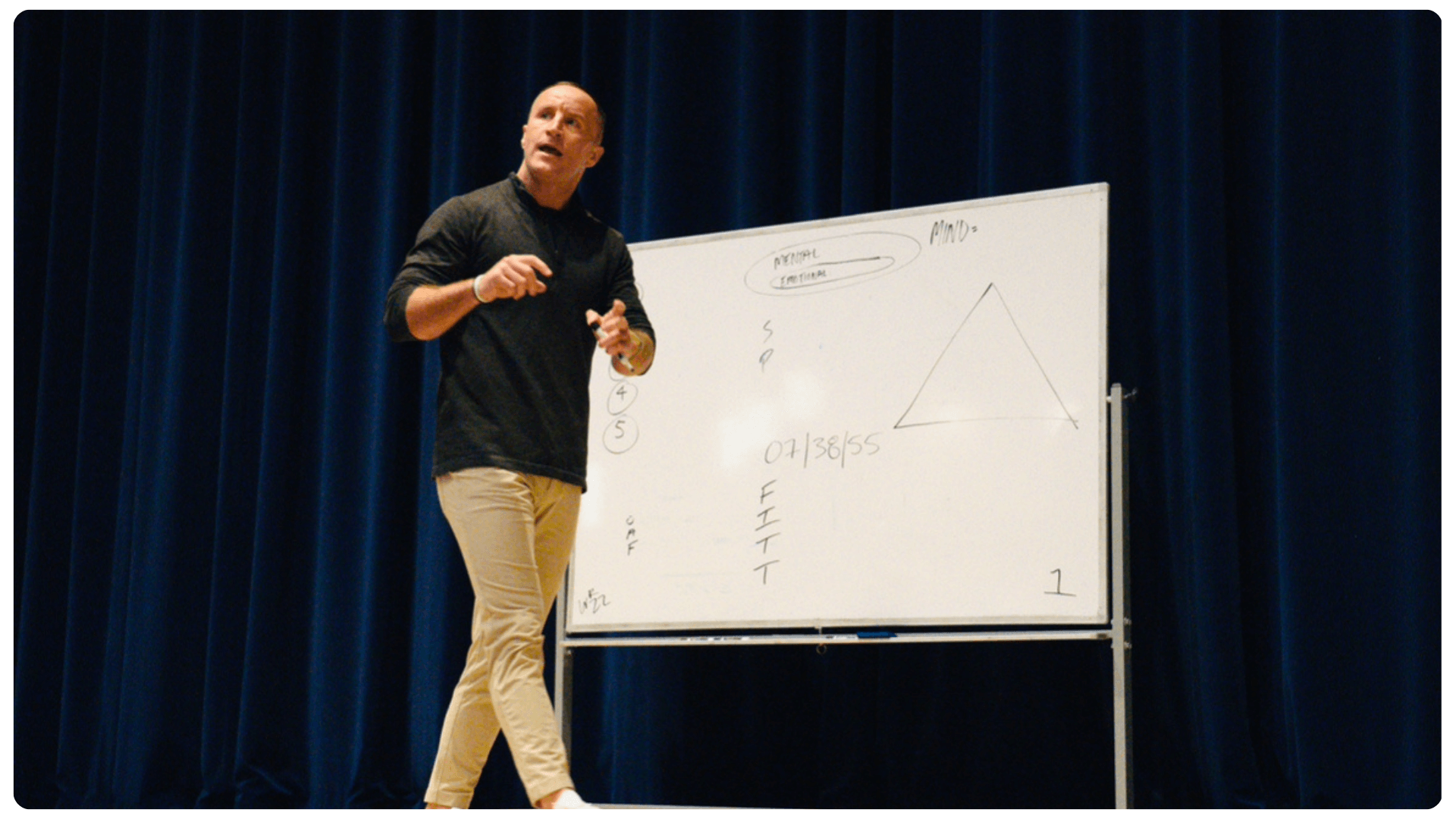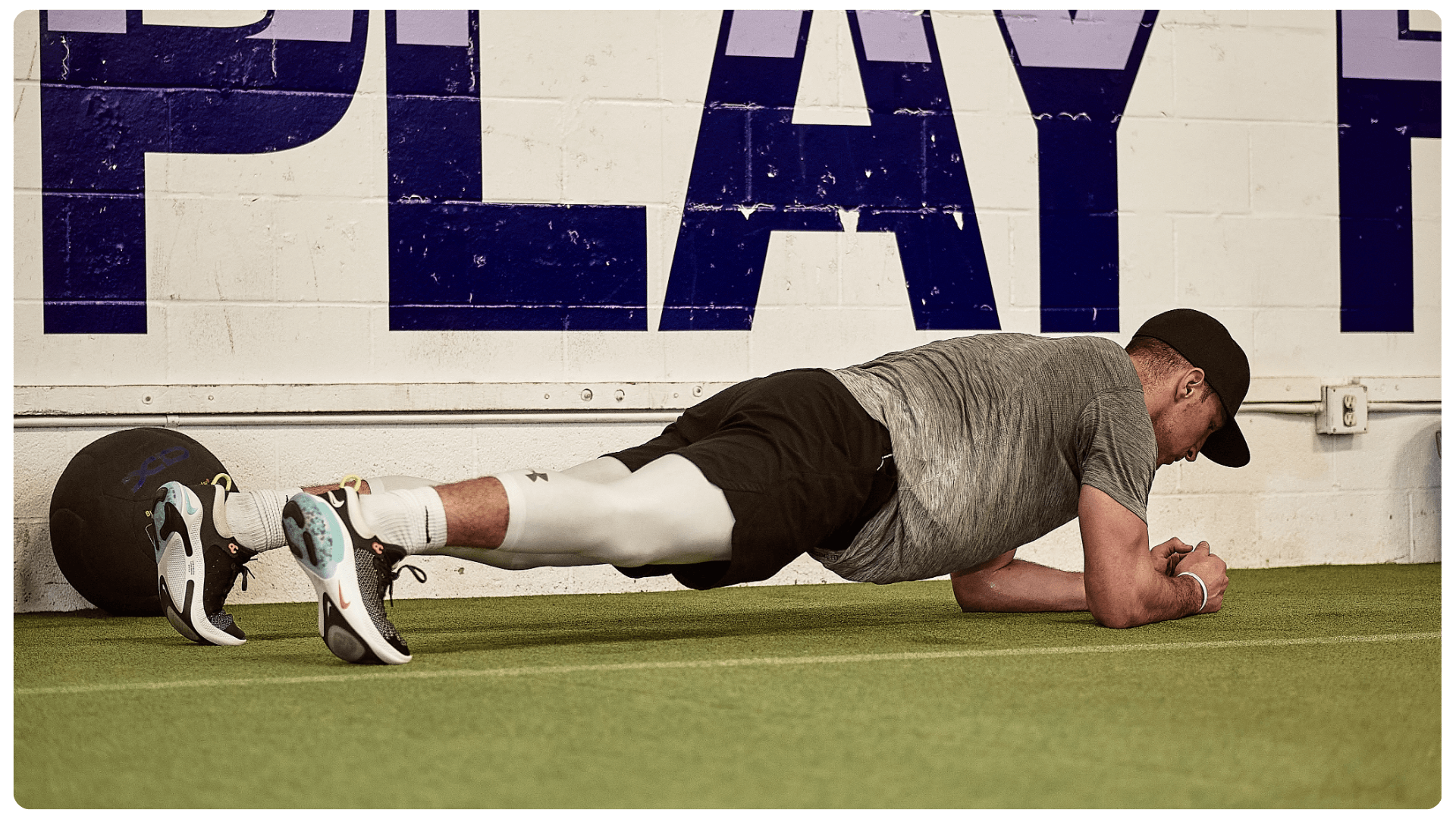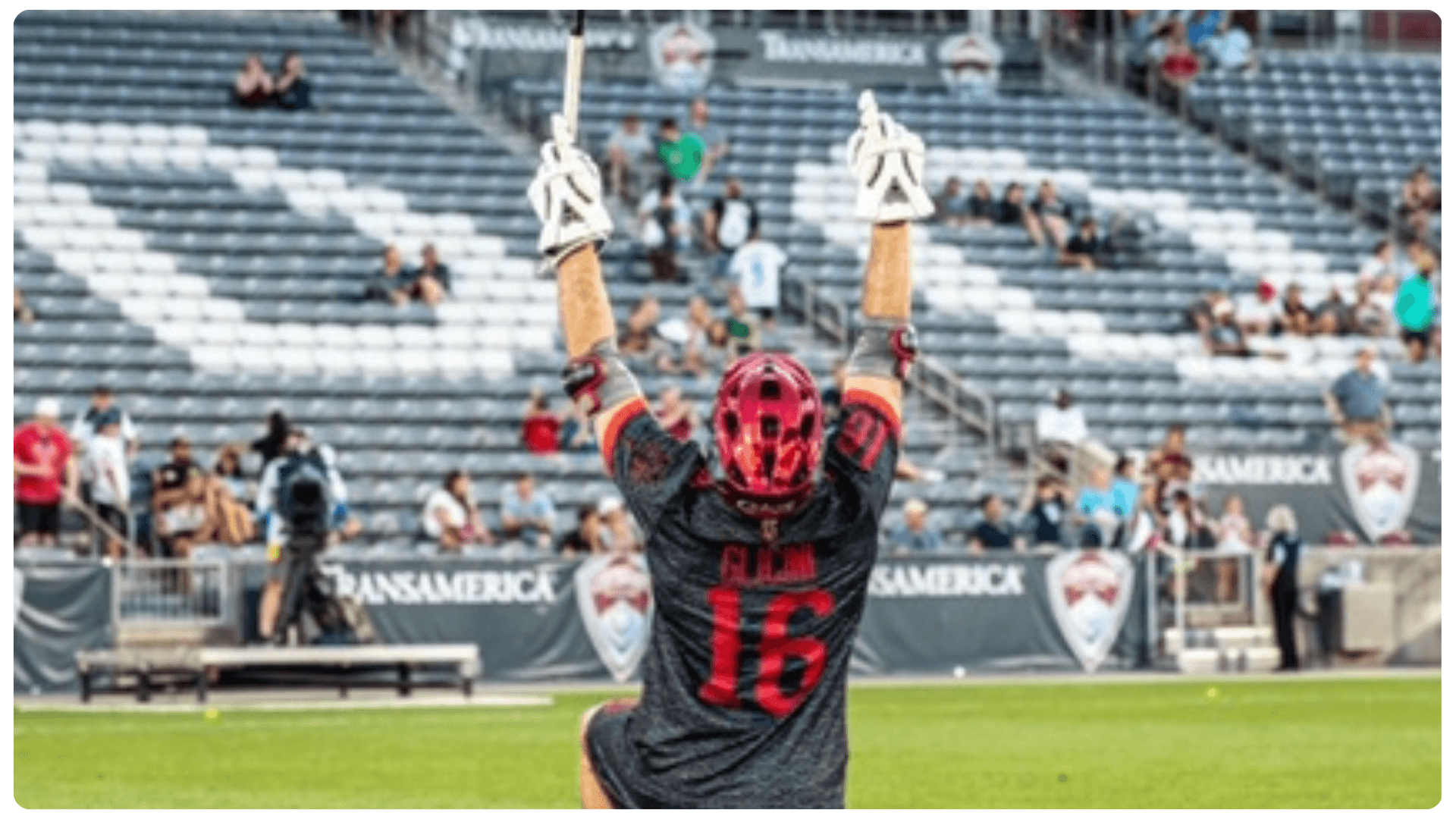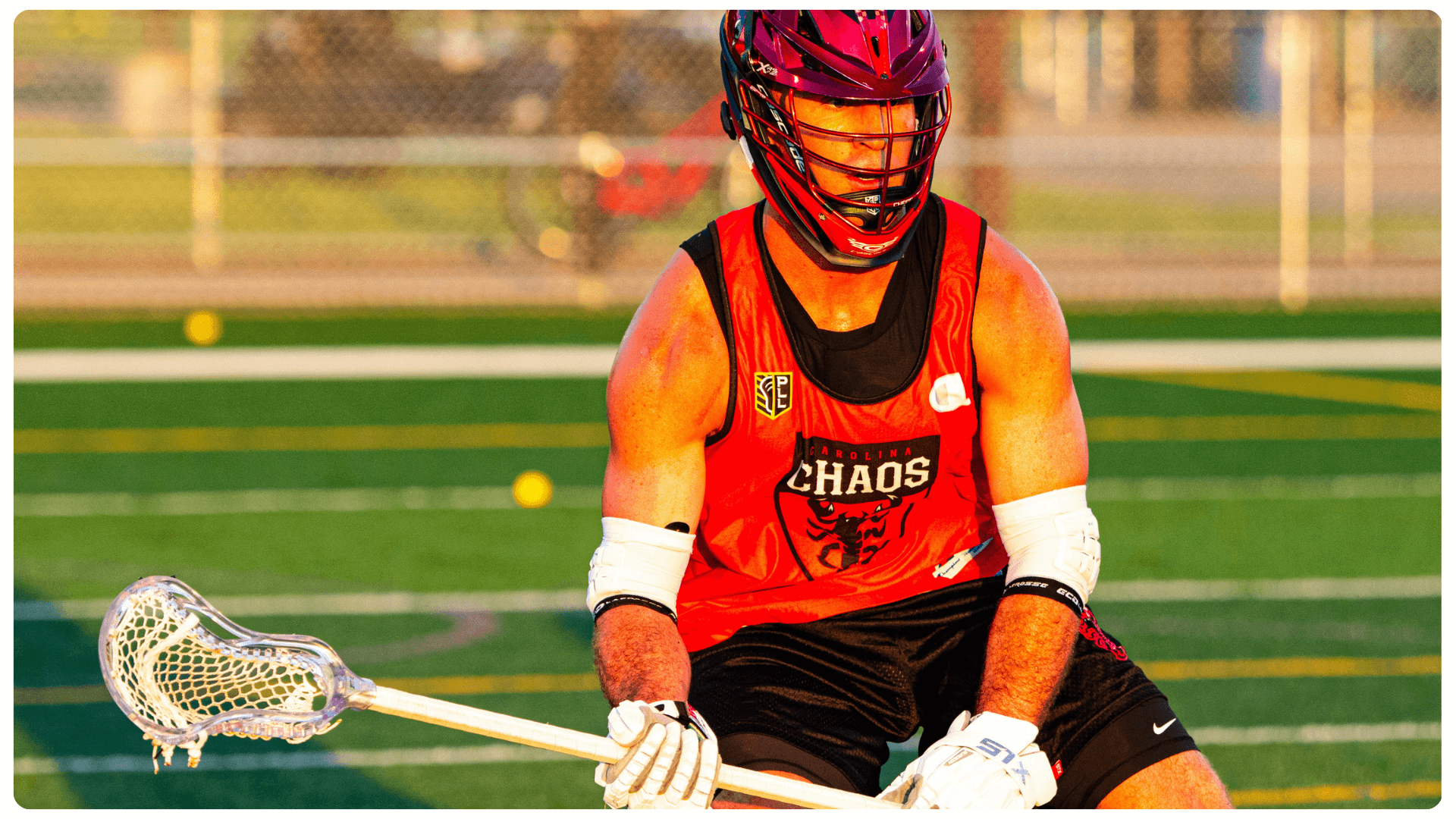Everything Effects Everything Else
“God, grant me the serenity to accept the things I cannot change, the courage to change the things I can, and the wisdom to know the difference.”

Growing up, it seemed essential to memorize multiplication charts in math class, to remember dates of wars in history class, and to retain knowledge about all 118 elements on the periodic table in chemistry class.
“Why do we need to know this?” a student would ask. “Because it will be on the test next week,” a teacher would respond.
My assertion: knowing oneself is far more important than memorizing material. If we remain unaware of our natural preferences, proclivities, and tendencies, we increase the probability of experiencing pitfalls… like a car driving through rough, bumpy terrain full of unknown potholes. When we become mindful of our desires, inclinations, and values, we select personal paths toward abundance… like a plane flying through clear, sublime skies absent of terrible turbulence.
Unless we make the unconscious conscious, it will direct our lives and we will call it fate.
– Carl Jung
An enjoyable journey begins with assessment. A worthwhile adventure demands consistent evaluation. A successful endeavor requires re-assessment and continued self-inventory.
The world is always turning.
The weather is always changing.
We must always be evolving.
There are roughly five-to-ten, extremely reliable quizzes that accurately assess temperament. Many of them can be found on Truity. DISC, most often used in a business setting, looks at Extraversion vs Introversion, as well as an individual’s interest in Things vs People. The Enneagram dives into why someone acts in certain ways, including deepest desires and fears. The Big 5 Model (best for relationships) provides profundity into percentile, magnitude, and extent of sub-personalities. The Personality Types, which is a quick snapshot of an individual’s Myers Briggs Type Indicator (MBTI), sheds light on how someone prefers to think. It possesses sufficient depth yet is not overly complex. The CIA uses MBTI to strategically persuade. As a coach, I use MBTI to find common ground… so, together, we may strive for higher ground.
One of the greatest gifts we could receive: being seen. Why not give that gift to ourselves?
Being understood follows self-understanding.
—
Something could be viewed as more or less important depending on how often it is repeated or emphasized. For example, there are several words for “rice” in the Japanese language. There are several words for “love” in Greek culture. There are several words for “money” in English economies. In the 12-step Program for Alcoholics Anonymous, there are two steps dedicated to personal inventory. One-sixth of the entire programming calls forth an individual to insightfully know himself or herself.
When the person in the mirror becomes a best friend, we may sometimes be alone yet never again lonely.
“No man steps in the same river twice… for it’s not the same river and he’s not the same man.”
Everywhere we go, there we are; therefore, the more information we gather about our strengths, qualities, and areas of improvement… the better we become at getting our next actions in formation. Channeled water in a specific direction is called a river; wandering water is called a puddle or a flood.
Be a river.
Know, then flow.
In a similar vein to never using a hammer to tighten a screw; expanding our self-knowledge allows us to know which aspects of our mental toolbox to deploy, given different circumstances.
“I know that I am intelligent because I know that I know nothing.” — Socrates #1
Humility: understanding that what we do not yet know is more important than what we do know.
—
Imagine spending 27 years in a prison cell. So much silence. So much solitude. So many days to question, contemplate, and wonder. Nelson Mandela used that amount of time to reflect, to shift inner anger to awareness, and to release bitterness for the sake of national healing. He transformed his pain into purpose. He changed his mindset through introspection. He led a movement and then a country by making the unconscious conscious. South Africa felt the warmth of Mandela’s empathetic fire, which ignited through sparks of self-awareness.
“Let him who move the world first move himself.” — Socrates #2
In 2024, I participated in my ninth season of professional lacrosse. I played in only one game. At first, I was angry. But then, upon reflection, I scoured my soul for answers. I let go of bitterness and aimed at betterment. I realized drinking alcohol, even occasionally, was holding me back as a pro athlete. I realized, through more bloodwork, my cortisol levels were too high from working too much. I realized some relationships were not serving me. Rather than adding more workouts, I subtracted internal burdens. By 2025, I competed in every Premier Lacrosse League game throughout my 10th season, and I received a nomination for Sportsmanship of the Year.
Through this chapter, I was reminded once again: the most worthwhile battle we will ever engage in can always be found within. To win, we must remove doubt through self-belief, replace rationalizing lies with disciplined truths, and let go of fear-based attachments for faith-oriented sacrifice.
Do we dare to be self-aware?
Love means to make better. We love ourselves by attempting to answer, “Who am I?” “How am I…?” “What am I?”
Beyoutiful.
— MG
“The unexamined life is not worth living.” — Socrates #3
Mark is a Certified Fitness Trainer, Nutritionist, and Mental Performance Coach. He is currently pursuing a graduate degree in Sport & Performance Psychology at the San Diego University for Integrative Studies.
At Mark Glicini Peak Performance, we recognize that physical health reflects mental health. We study how intention drives behavior and emphasize that true peak performance requires an integrative approach—mind, body, and spirit.
As the Mark Glicini Meaningful Growth Foundation embarks on a journey of endurance and togetherness against the trials and tribulations brought upon by cancer, I state: every inch of my heart is in this.
Like so many, cancer has had a profound impact on my life. It took the lives of my grandfather and uncle before I was born. For years starting in 2011, I stood by my mother’s side as she battled and overcame lymphoma. Her fortitude, unwavering support from loved ones and God’s will triumphed amid extreme adversity.
Although we have not and may not win every fight, we will relentlessly strive to make an individual’s growth meaningful and to ensure his or her family feels cared for and supported. Thank you for your love, God Bless!

“God, grant me the serenity to accept the things I cannot change, the courage to change the things I can, and the wisdom to know the difference.”

We will see it when we believe it.

Winners lose more than losers lose.